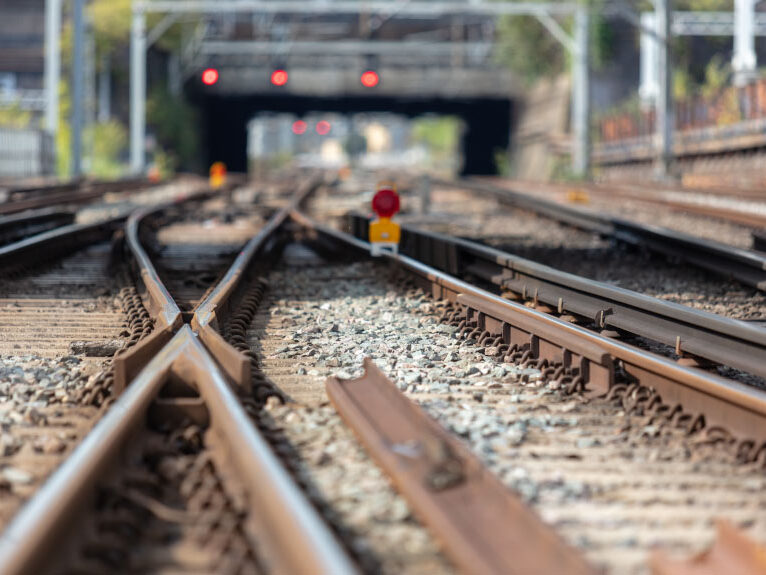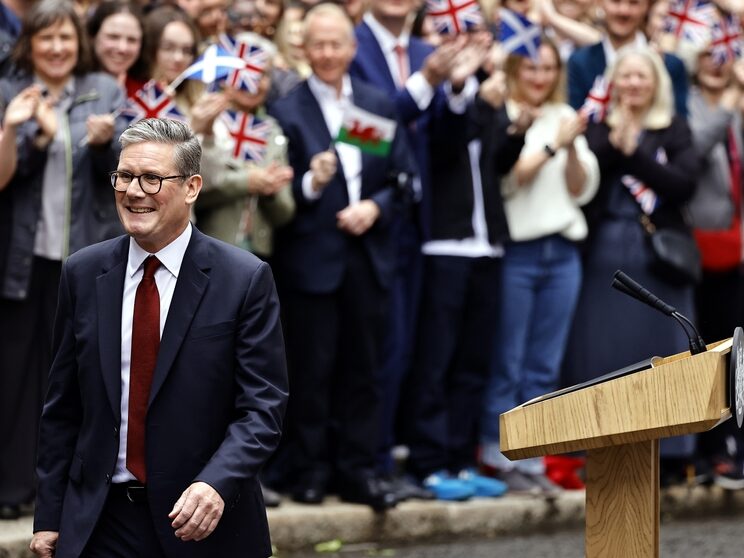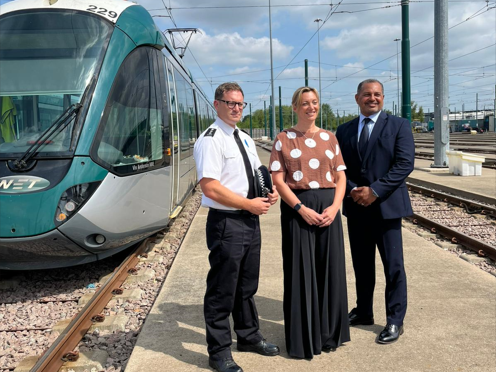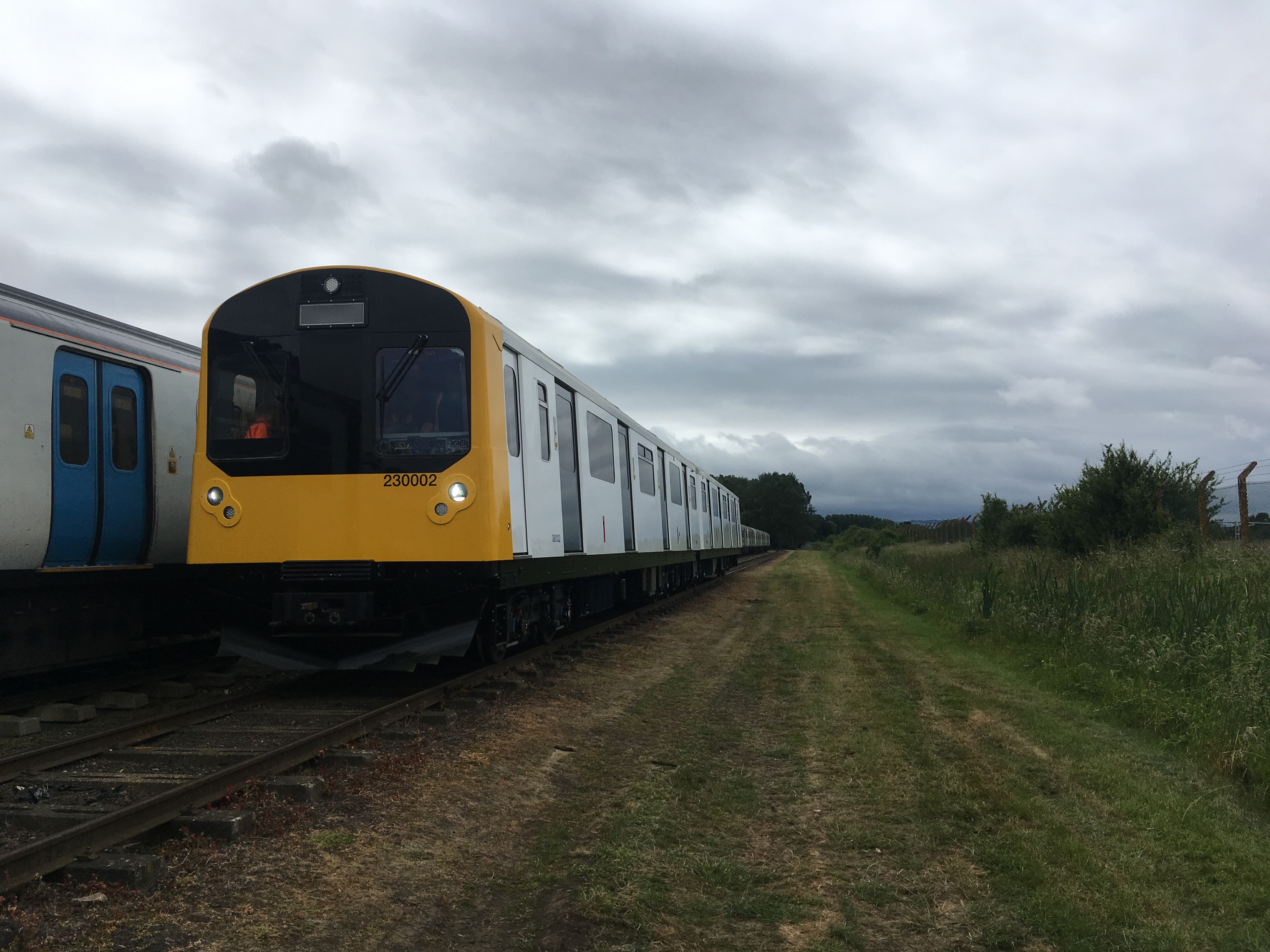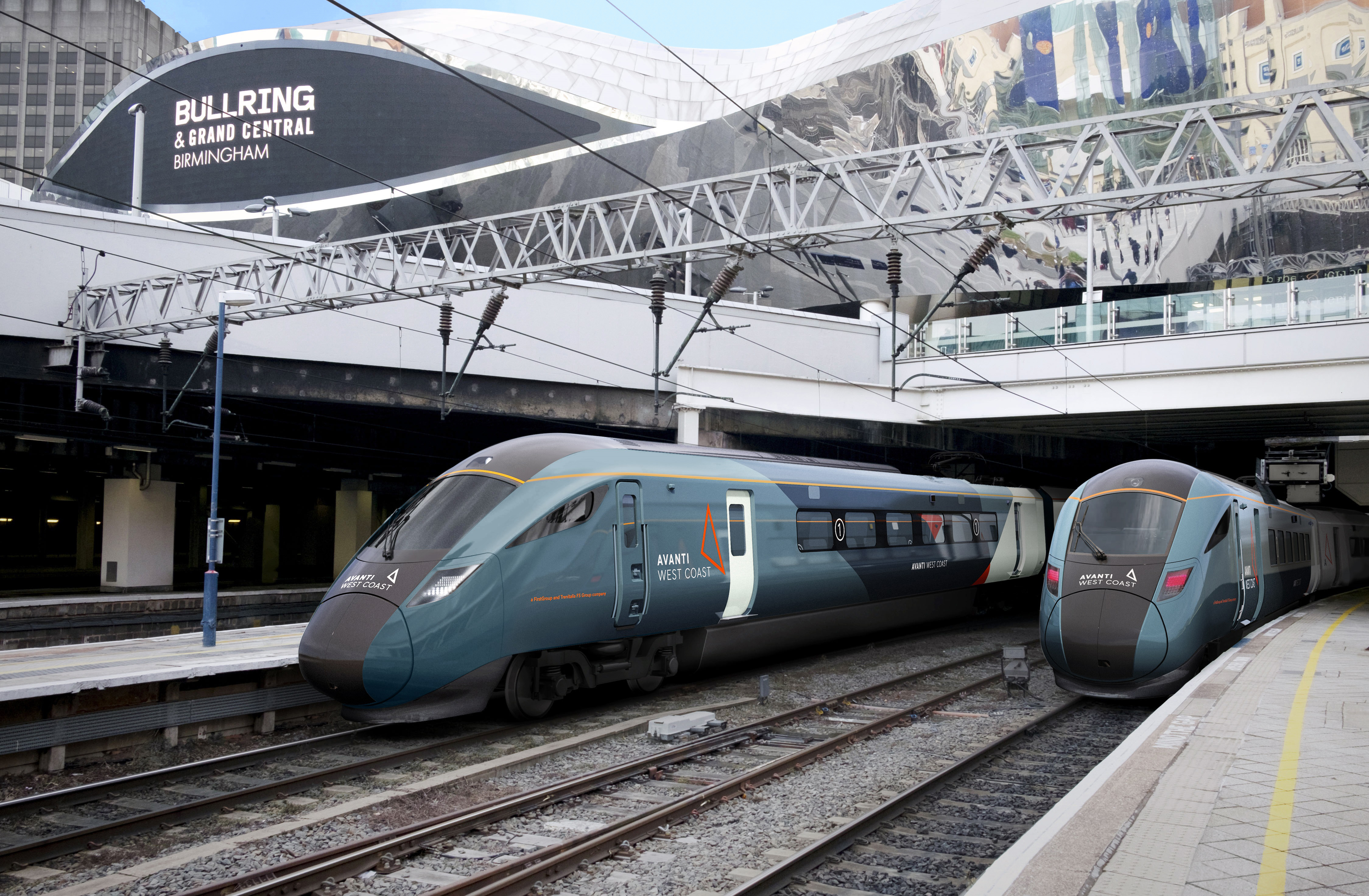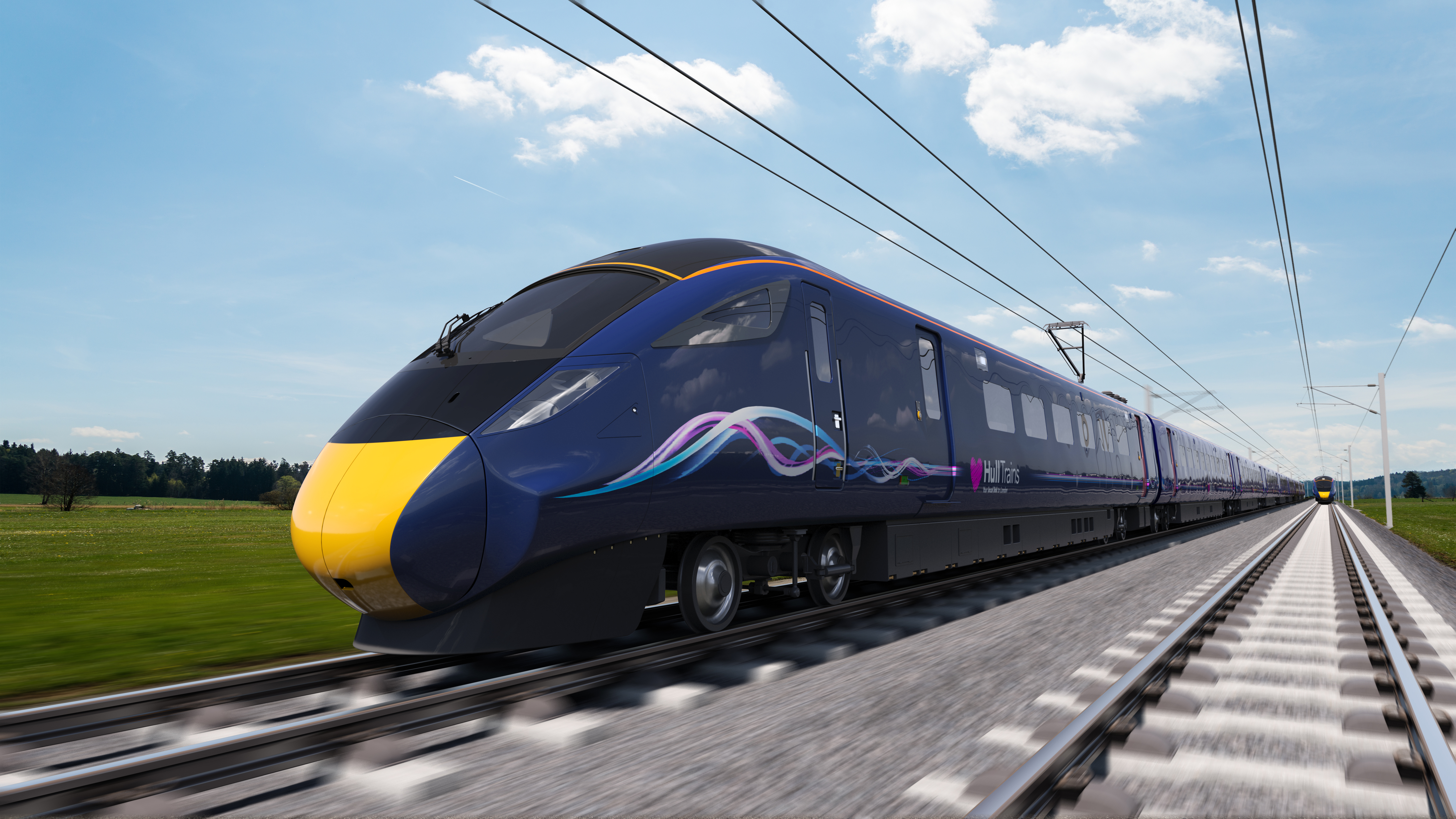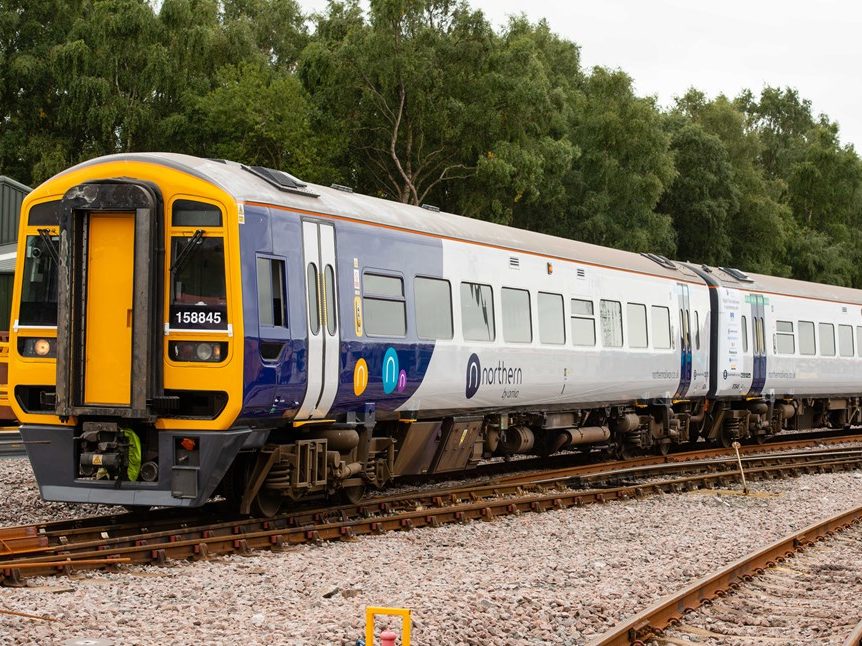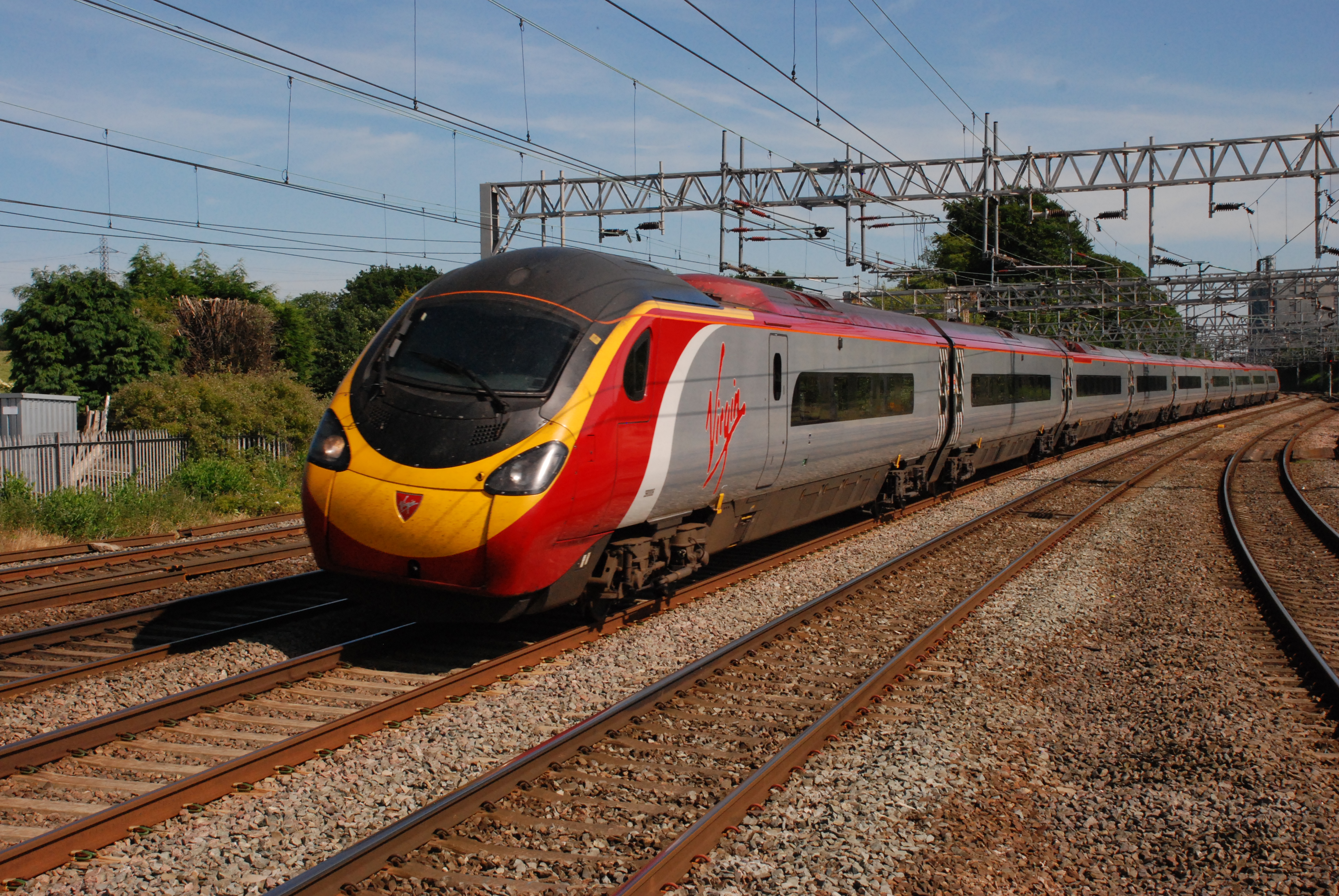On Sunday, 1 March, the UK government took over the Northern franchise from train operating company Northern (Arriva Rail North Ltd).
Northern had taken on the franchise in April 2016, with a contract length until 2025. However, trains services on the Northern network have been beleaguered with problems, many of them out of the TOC’s hands. As a result, the government decided to strip Northern of its franchise and become the operator of last resort (OOLR), operating as Northern Trains.
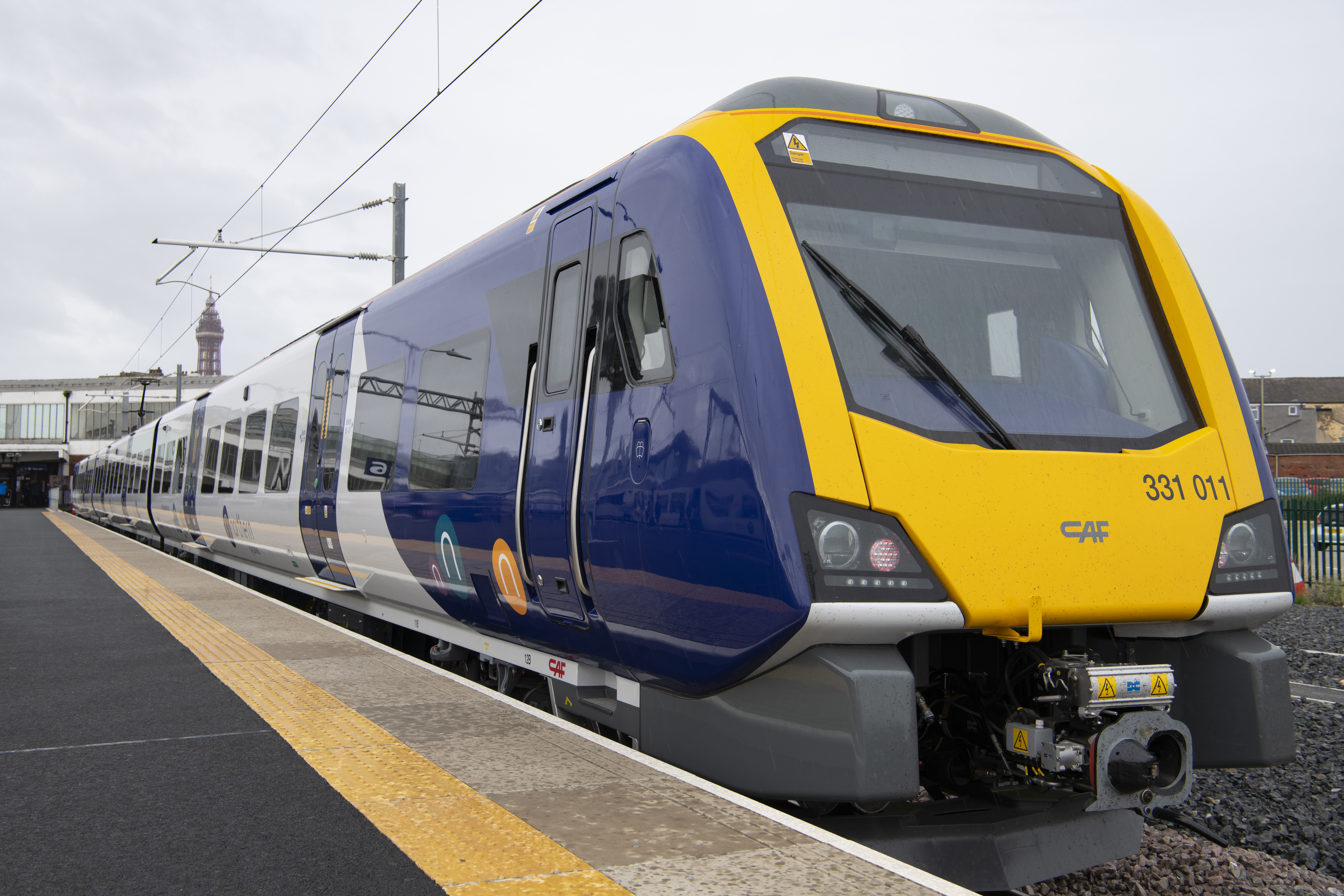
Furthermore, the new franchise operator has set up a panel whose members will give on-going advice on how services should be run. Northern leaders from Manchester, Liverpool, Tees Valley and Yorkshire will join this panel. The panel will be led by Richard George, the chairman of the new operator. It will be attended by Robin Gisby, Chair of Northern Trains Ltd and CEO of DOHL (DfT OLR Holdings Ltd).
One of the areas of Northern’s network that needs urgent attention is overcrowding. For instance, for longer trains to operate, station platforms need to be long enough to accommodate them. Such infrastructure improvements were not under Northern’s (Arriva) control. Work is underway to lengthen platforms at 30 stations to allow longer trains to operate.
A further way that will increase capacity to address overcrowding will be the roll-out of more electric trains on the Northern network, which the government says it will do next year. Northern (Arriva) struggled with the slow, troublesome electrification programme (a Network Rail issue), meaning it could not introduce the electric fleet from Manchester to Wigan and Leeds. To try and address the issue, Northern ordered more diesel trains as an interim solution. Delivery of these, however, has been marred by delays.
A major reason that there is such a shortfall in capacity is that between 2004 and 2016 the franchise was awarded by the government under ‘no growth’ terms.
Northern (Arriva) has also blamed the slowdown in the UK’s economic growth. The revenues forecast were higher than the ones it was getting. At least the operator of last resort will now forego profit and attempt to fix the problems.
Transport Secretary Grant Shapps said:This is a new era for rail in the North, but there will be no quick fix for the network as we build solutions for the future.
Today marks the beginning of rebuilding of trust in these services, and voices from the region will be essential as we work together to understand and deliver the improvements passengers need.
During the first 100 days of running the Northern franchise, the government operator will prepare a plan to fix the problems on the network.
When the government announced it would be stripping Northern of its franchise in January, Arriva Managing Director UK Trains Chris Burchell said:We had a clear vision for the Northern franchise that would better connect the cities of the North with more frequent, reliable and modern services and unlock economic growth. It was clear however that, largely because of external factors, the franchise plan had become undeliverable. A new plan is needed that will secure the future for Northern train services. As such, we understand Government’s decision today. {...}
The scale of the challenges we faced outside of our direct control were unprecedented, particularly around delayed or cancelled infrastructure projects and prolonged strike action. Despite the challenges, the team has introduced brand new trains onto the network for the first time in a generation. They have introduced more than 2,000 extra services per week, refurbished trains and stations, and created hundreds of new customer-facing jobs as part of a £600 million investment programme for the North.
It is absolutely right that this issue cannot be fixed quickly. It will require long-term investment. And it will require chronic problems on a large number of fronts to be tackled. In addition to the infrastructure problems of insufficient electrification, platforms that are too short and trains that are too short, along with insufficient platforms (e.g. at Manchester Piccadilly), and the timetabling fiasco of 2018, there has been a shortage of train drivers leading to frequent industrial action. The OOLR takes the profit requirement away, but it would be wrong to pretend that the problems lay largely with Northern.
Also read:
- Northern Fleet Refurbishment Two Thirds Complete
- Northern Adds 15 New CAF Civity Trains to Its Fleet
- New CAF Trains for Northern to Enter Service on 1 July
- UK: Transport for the North Calls for Urgent Resolution to Rail Disruption

















